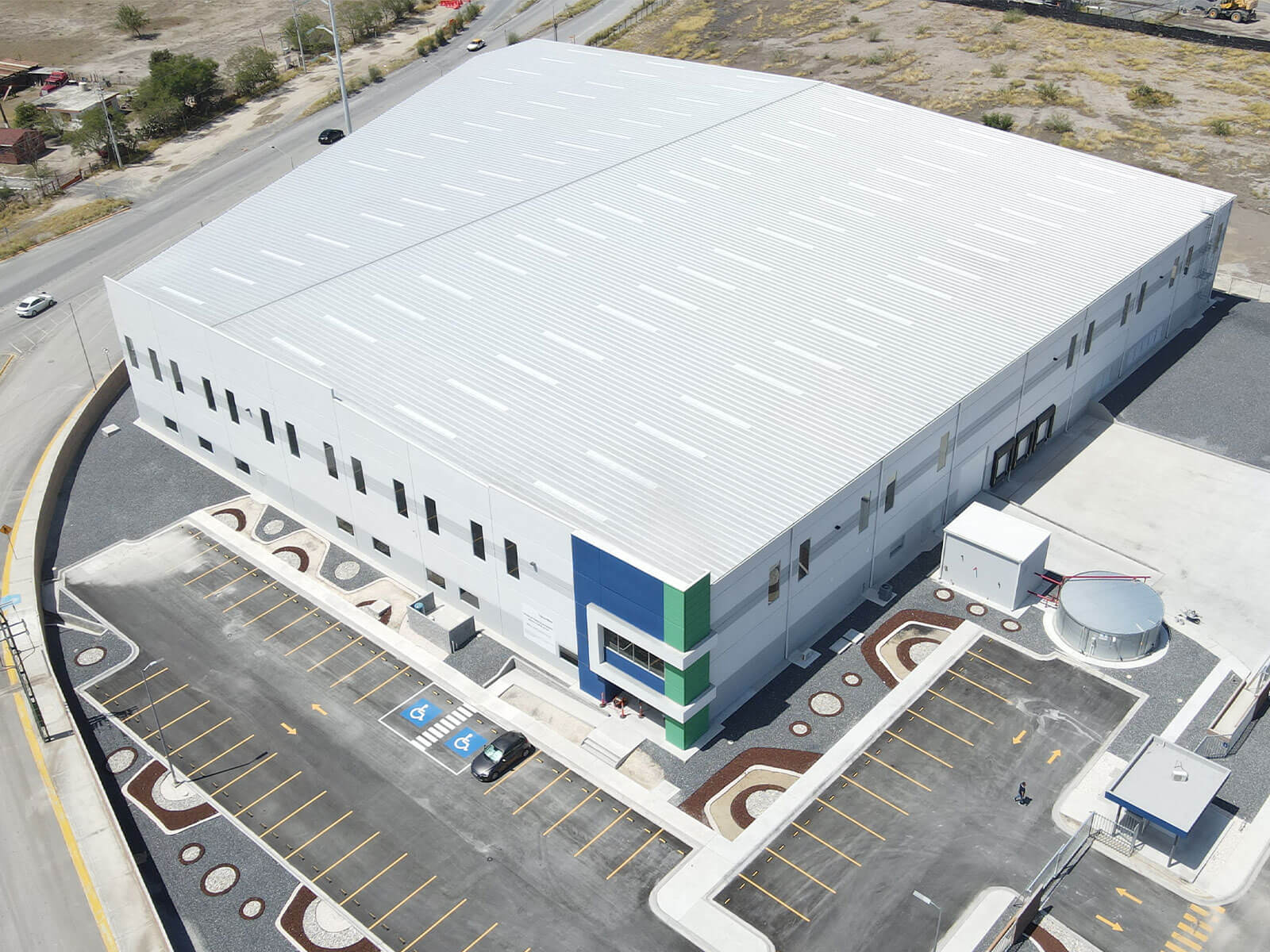In an increasingly interconnected world, geographic location is no longer a barrier to international business. Nearshoring has gained prominence as a strategy that seeks to leverage geographic proximity to drive efficiency and digital transformation in the supply chain. This nearshoring trend has made Mexico one of the key destinations for Japanese investment.

Japanese investment in Mexico
Nearshoring has gained ground as companies move their operations to countries geographically close to their end users to facilitate communication, reduce delivery times, and improve collaboration. Mexico has emerged as a particularly attractive nearshoring destination due to its proximity to the United States, one of the world’s largest consumer markets.
Japanese investment has found Mexico to be a strategic ally. Skilled labor, free trade agreements, and a constantly improving infrastructure make Mexico an attractive destination for Japanese companies looking to optimize their operations and expand their presence in the Americas.
One of the country’s main strengths lies in its geographic position next to the United States, which plays a strategic role, as well as its ocean disposition, which allows it to import raw materials from Asia and export its products to Europe.
Mexico’s main sales to Japan in 2022 were copper ores and concentrates for $453 million dollars. The main origins of sales to Japan were from the states of Sonora, Mexico City, and Nuevo Leon.
From January to March 2023, Foreign Direct Investment (FDI) from Japan to Mexico was $337 million dollars; the states that received the most FDI from Japan were Guanajuato, Mexico City, and the State of Mexico.
Collaboration for innovation
Japanese investment in Mexico is not just about relocating existing operations, but also about fostering innovation and co-creation. Japanese companies have established research and development centers in Mexico, taking advantage of the skilled workforce and favorable conditions for foreign investment. This collaboration has led to the creation of innovative products and solutions that satisfy the needs of both the local and international markets.
In addition to its strategic location, Mexico also offers a highly skilled workforce and competitive operating costs. Japanese companies value the skills of Mexican workers and their ability to adapt to advanced technologies. This translates into greater efficiency and quality in production. At the same time, labor costs in Mexico are lower than those in Japan and other developed countries, allowing companies to reduce their operating costs without compromising quality.
Japan’s presence in Mexico has played a key role in the digital and technological transformation of Japanese companies, providing them with greater agility in production and distribution, as well as the opportunity to implement emerging technologies such as artificial intelligence, automation, and data analytics.
This synergy between Japanese technological expertise and Mexican entrepreneurial energy has boosted innovation in diverse sectors.
Japanese companies in Mexico
In recent years, the economic relationship between Japan and Mexico has been strengthened thanks to the Agreement for the Strengthening of the Economic Partnership between Mexico and Japan (AAEMJ), approved in 2005, which has generated an increase in the Japanese companies established in Mexico and an upsurge in Japanese investment, especially in the automotive sector.
The Bajío region has become an attractive area for Japanese companies with its focus on the export of automotive components to the United States, and also for its advances in various industrial sectors, such as the manufacture of medical devices.
Around 1,263 Japanese companies have chosen the country to operate, proof of this is that 35% of the vehicles manufactured in Mexico are made by Japanese assemblers. Takao Nakahata, executive director of Jetro Mexico (Japan External Trade Organization), mentions that Mexico has become a very important country for the Japanese automotive sector, especially for companies such as Honda, Mazda, Nissan, and Toyota, which have had vehicle production plants in the country for several years. The year 2000 was an important date for the arrival of these suppliers, however, 2013 was the year in which the largest number of suppliers arrived in the country. The relationship between Mexico and Japan in the nearshoring context is an inspiring example of how international collaboration can drive innovation and transform businesses. As the business world continues to evolve, we are likely to see more examples of strategic alliances that leverage geographic proximity to achieve sustainable growth and increased competitiveness in the global marketplace. Japanese investment in Mexico is an example of how geographic barriers can be turned into opportunities for co-creation and business success. The concept of nearshoring has emerged as a smart way to optimize supply chains with this Japanese investment alliance in Mexico.
At VYNMSA, seeking to promote the economic development of the country, we offer the necessary infrastructure to host the different global companies that seek Mexico as a point to establish themselves and fulfill their sales objectives. Our 26 industrial parks have strategic locations distributed in the states of Coahuila, Querétaro, San Luis Potosí, Nuevo León, and Guanajuato, with proper facilities for each company, first-class services, and the follow-up with each of our clients to advise them on their expansion plans and options focused on their growth in different sectors. Contact us and discover why we are your ideal option to grow your business.
